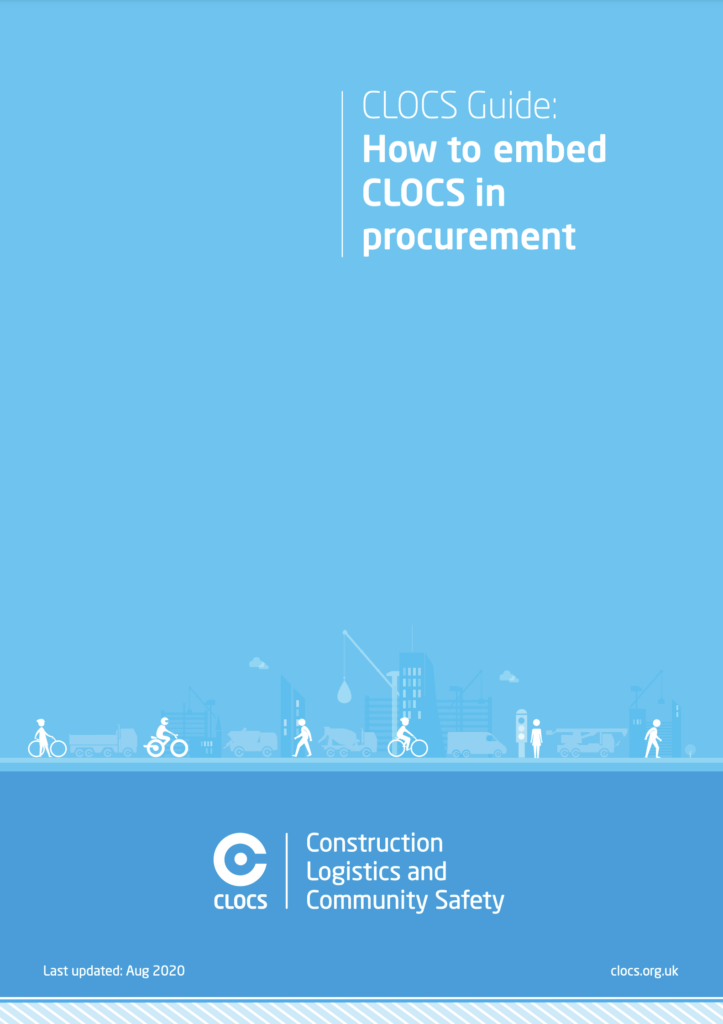It is vital that everyone in the construction industry plays an effective role in managing work related road risk (WRRR) to improve community safety though their procurement and contracts.
Major procurers of goods and services for maintenance and construction projects, property developers, construction sector clients and public sector bodies are in a powerful position to bring about a step change in improving the safety of the communities in which they operate.
There may be implementation costs but there are far greater benefits from taking preventative action.
Benefits of action
- prevent the unnecessary death or serious injury of a pedestrian, cyclist or other vulnerable road user
- demonstrate social responsibility and fulfilment of a duty of care to staff, customers, suppliers and community
- reduce the costs of insurance premiums with a reduction in collisions, project delays and road closures
- demonstrate ethical integrity
- protect an organisation’s reputation and brand
This guide is for procurement and contract managers responsible for procuring site operations and or associated fleet operations.
Developed by CLOCS, working with our members, this guide supports clients and developers with their adoption and implementation of CLOCS.
It also provides useful information for senior managers and legal departments developing and
implementing construction procurement strategies.
All responsible organisations will understand and embrace their legal and ethical duties of care to others.
Implementing the CLOCS Standard demonstrates that risks have been systematically identified and all
reasonable actions taken to ensure the safest construction vehicle journeys.

CLOCS has also developed some example contract clauses and a sample letter to suppliers which can be adopted or used as a starting point to develop existing documentation.


